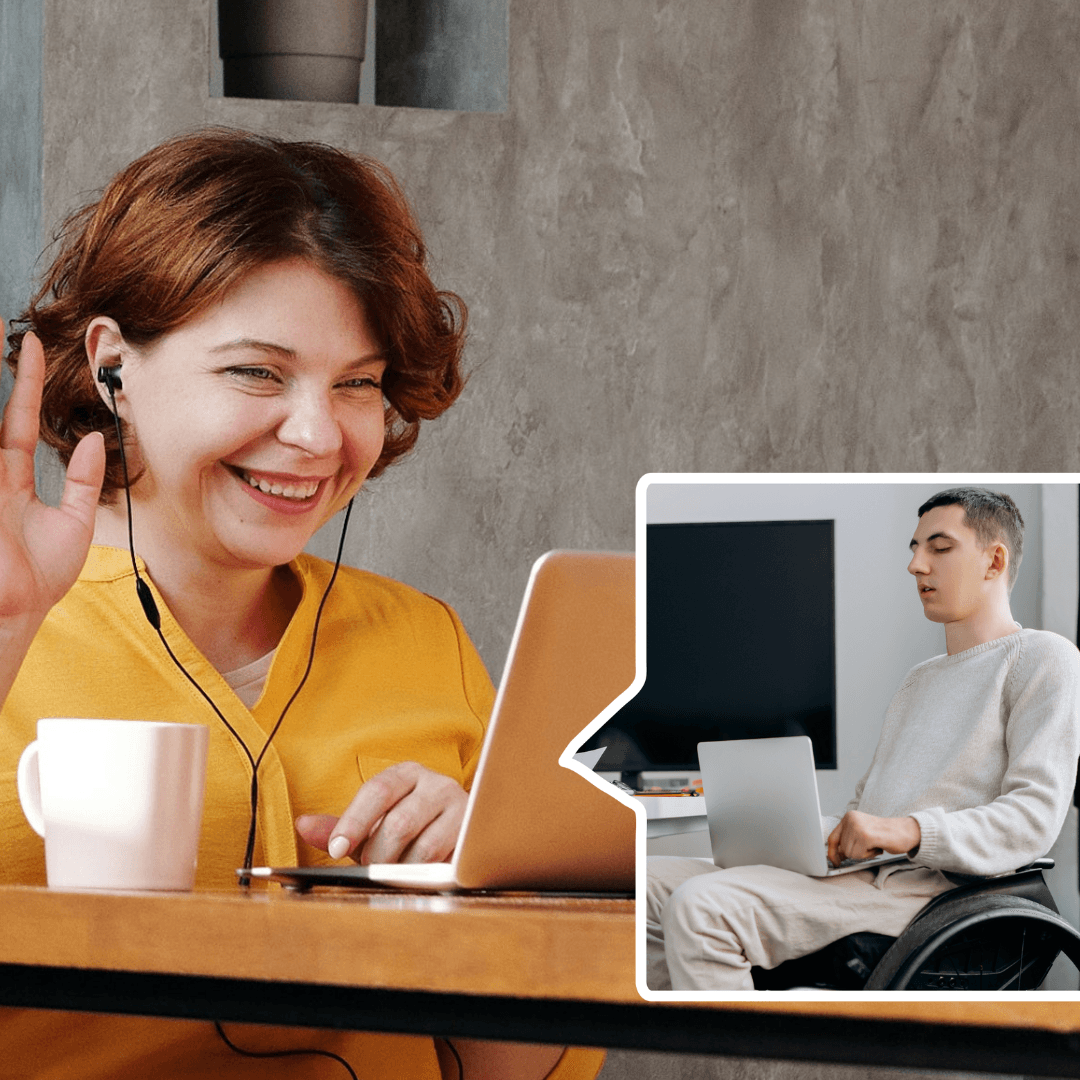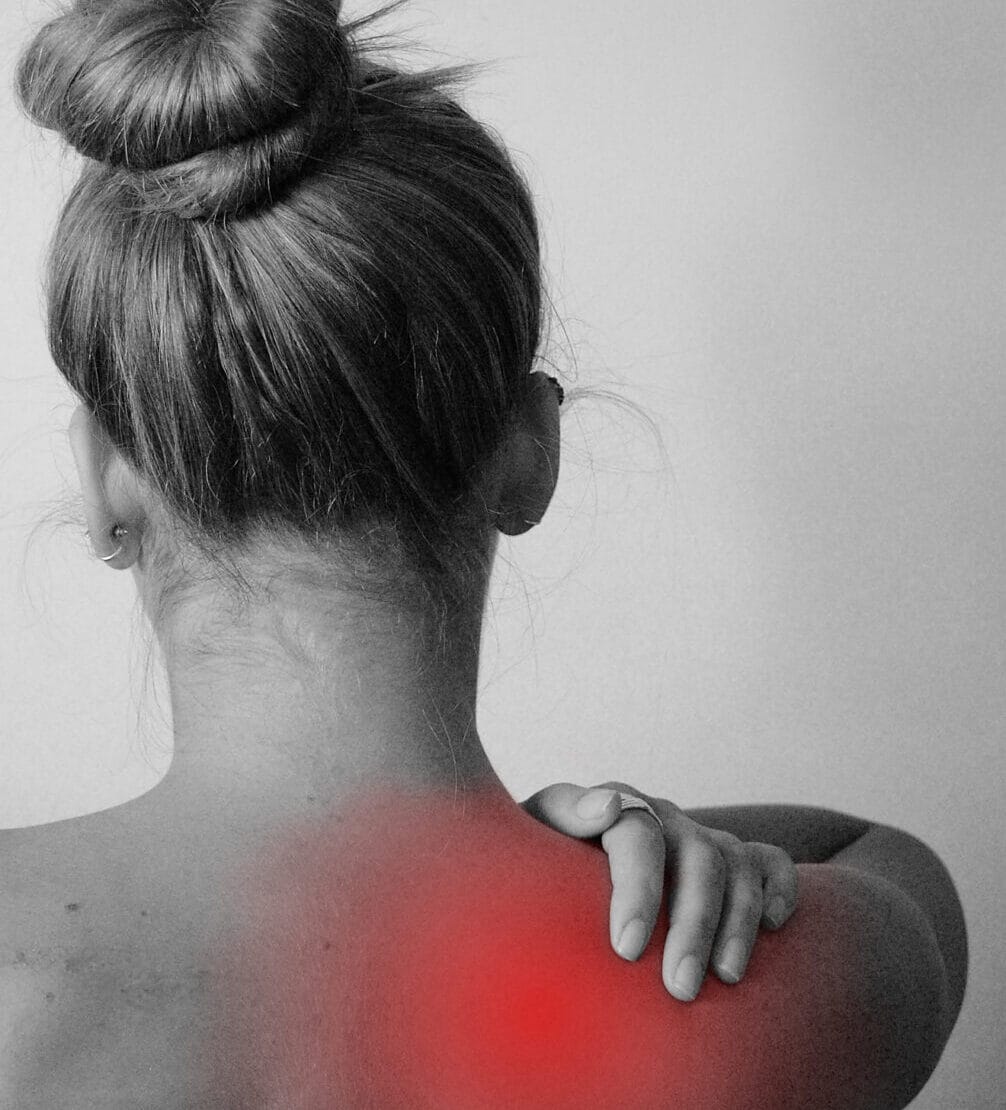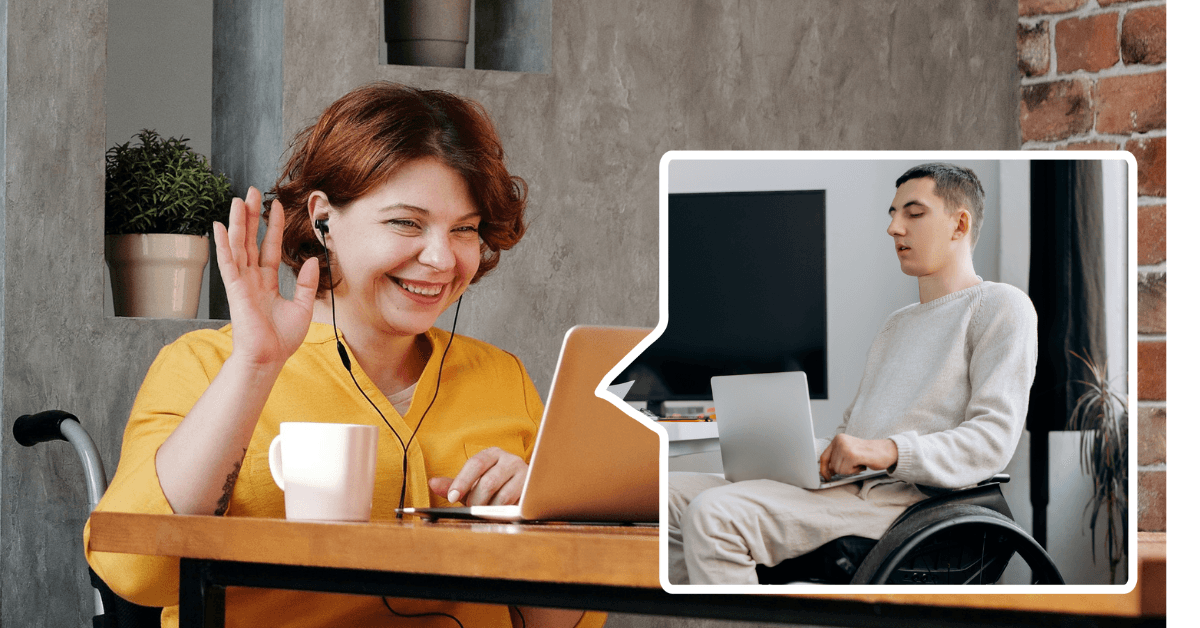
When SCI peers, researchers and clinicians all agree on something, that something is probably important. And that is exactly how SCI BC’s recently launched Peer Health Coaching program came about.
If you’ve been an SCI BC member for a while, you may have participated in a research study where you worked with a peer coach. Six years ago, Teri Thorson, SCI BC’s Manager of Peer Coaching and Outreach, had her first encounter with peer coaching as part of the University of Toronto SCI & U study. “They were recruiting potential coaches for this study that I ended up becoming a part of,” she says. Since that first study, Thorson has been involved with other peer health coaching research projects personally and through SCI BC. A similar project done in partnership with SCI BC, the ProActive study, focused on helping people with SCI who were recently discharged from GF Strong or outpatients, meet the SCI physical activity guidelines. “It had such great success that the physiotherapists [who were part of the study] wanted to continue referring their clients to us for coaching after the research study concluded,” Thorson explains, “Having people with lived experience as coaches is valuable.” Peer coaches understand what daily life with a physical disability looks like and how factors like medication, time spent sitting, and access to recreation opportunities can impact health. And that’s the conclusion several research studies came to: Peer health coaching is effective and enjoyed by people with SCI.
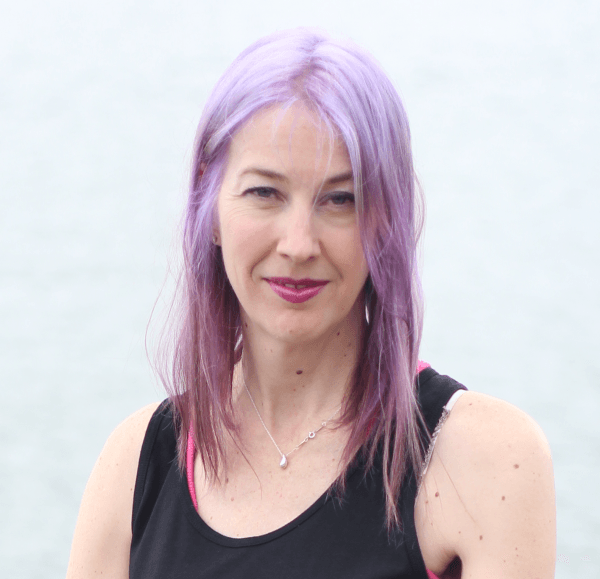
So how is peer coaching different from peer support? According to Thorson, coaching is just a different form of peer support. “I really value peer support, like our coffee groups and peer events. It’s great to share information and experiences. But I’m a very action-oriented person. So, what I really like about coaching is you work on longer term goals and make plans to action these goals.”
SCI BC’s Peer Health Coaching program has all the components you need to succeed. After completing a brief intake with Thorson, you will have an introductory meeting with your coach where you will discuss your goals. Thorson adds, “Someone may come in with a lofty goal, but we break it down into bite-sized pieces. We work with where the participant is at, help them gain confidence and let them lead the way.” You will then have eight, one-on-one coaching sessions, up to an hour long, where your coach will help you develop weekly or monthly individualized action plans, find information and resources, check-in on your progress, and cheer you on! You choose how often you meet and the delivery method, by phone or videoconference.
And you can trust that the coaches are ready to support you. In addition to their lived experience, each coach receives training in motivational interviewing and brief action planning. “I love coaching peers! What an amazing group of people, dealing with such challenging situations after the big adjustments of an SCI. It brings me great joy and gratitude to pass on any insights or knowledge gained after 20 years of living with quadriplegia,” shares SCI BC Health Coach Mary Jo Fetterly. Fetterly along with Barry Arana and Olivia Rey, are the three SCI BC staff dedicated to peer health coaching.
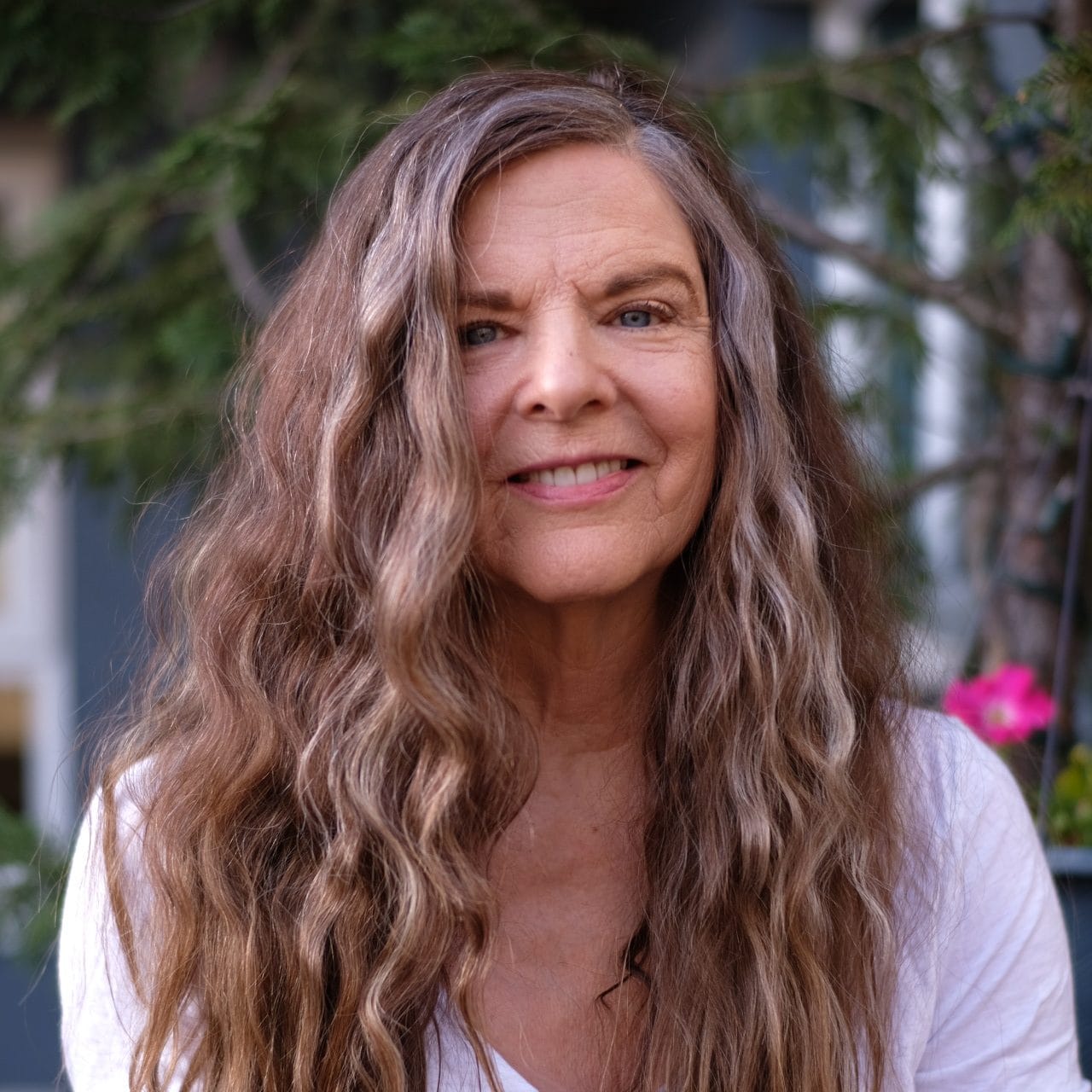

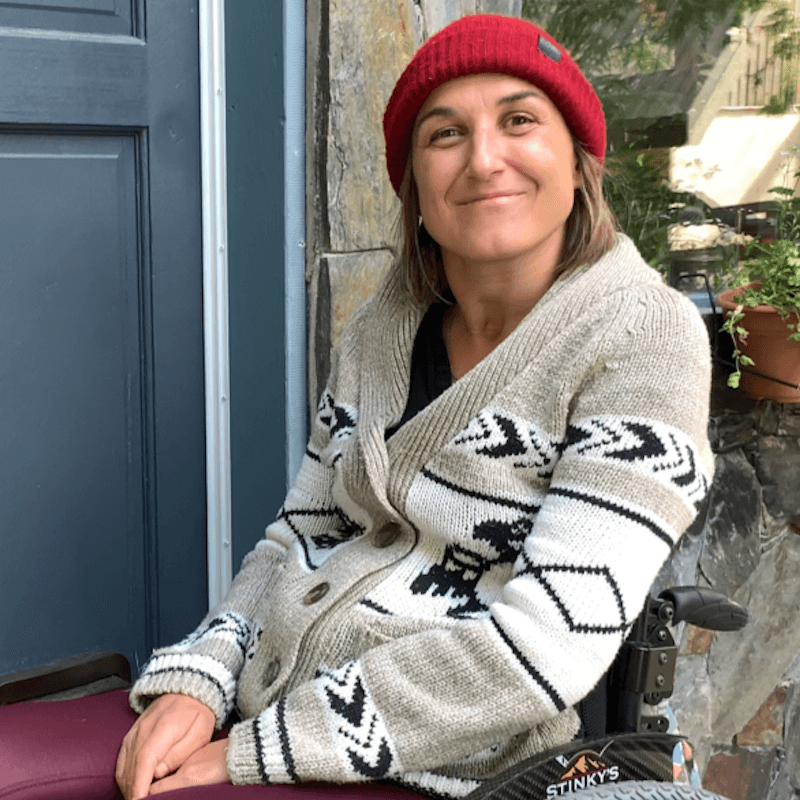
“We can help you with any health goal! Increasing physical activity and weight management are common goals, but we can also work on things like improving mental wellness, enhancing strength for transfers, and increasing social engagement,” explains Thorson. Regardless of your specific goal, the coaches’ goal is to give you the tools and support you need for enhanced health and quality of life.
Don’t just take our word for it. Here’s what one SCI peer has to say about the program: “After only a handful of sessions, I feel like I’ve known my coach for years. Their guidance and positive attitude have allowed me to develop skills I probably wouldn’t have otherwise. They have given me the hope I needed to visualize a bright future living with my injury.”
The SCI BC Peer Health Coaching program is available to anyone in BC with an SCI or related disability, regardless of your age, location, mobility, or time since injury. If you have a goal, we can help you! All coaching sessions are done virtually or by phone. Click here to learn more about the program and fill out the referral form.
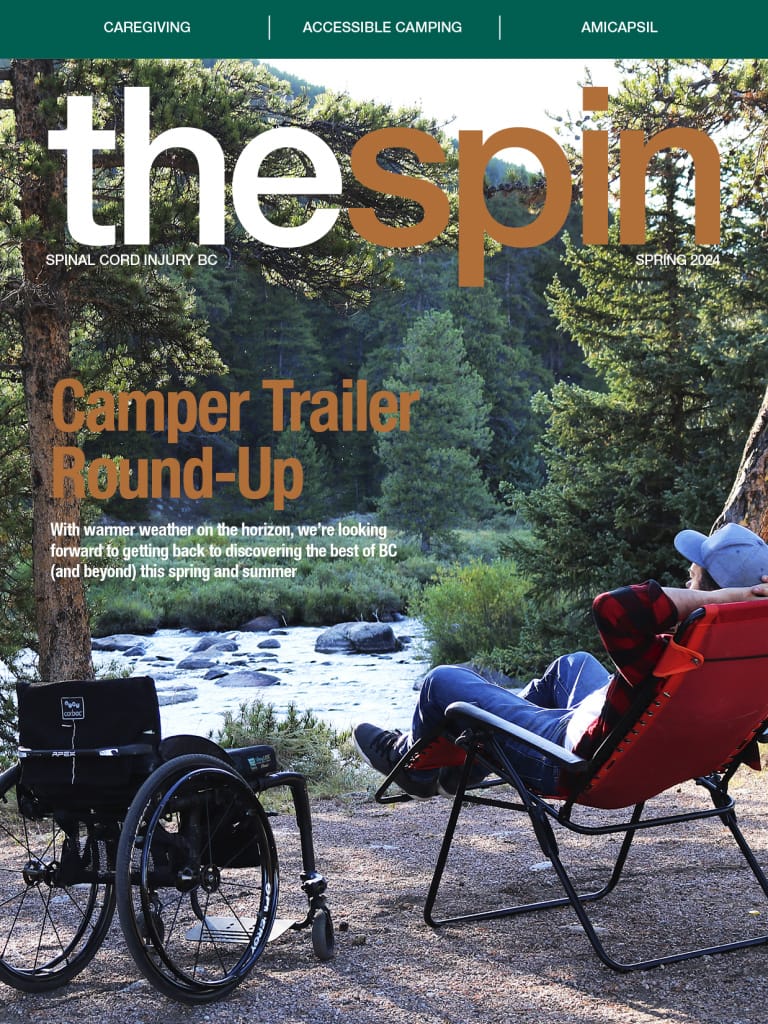
This article was originally published in the Spring 2024 issue of The Spin. Read more stories from this issue, including:
- Peers’ experience of caregiving
- Accessible camping
- A wound care treatment called Amicapsil
And more!
Read the full Spring 2024 issue of The Spin online!
